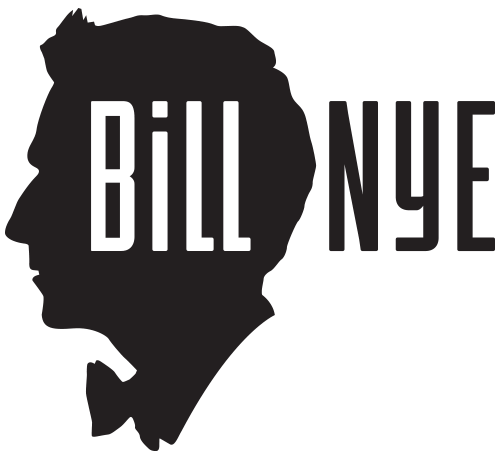
Smell
Bill Nye is using his sniffer to find out about the science of “Smell”.
You probably see your nose every day in the mirror. Have you ever wondered what goes on up there? Sure, it’s for breathing, but it’s also the door to one of your five senses – your amazing ability to smell! Take a good sniff around. What do you notice? Maybe the food you’re eating or your smelly sneakers. Your sniffer’s always at work, but you don’t always realize it. The human sense of smell helps us interpret our environment and react to the things around us. Our sense of smell protects us. The smell of smoke warns us of fire. The smell of rotting food warns us not to eat it, or we’ll get sick. We can also find food by following our nose to the pizza parlor or the bakery. Photographers can find animals without seeing them just by sniffing the wind.
How do noses work? Objects give off tiny amounts of tiny molecules into the air. When just a few of these molecules get up your nose, they dissolve in the mucus up there. Some molecules come into contact with special receptors on what’s called your “olfactory membranes.” Each nostril has a membrane, and each membrane is only about the size of a postage stamp. The membranes hold millions of receptor cells, each of which are ready to send messages to the brain about the molecules that go up your nose.
You probably use your nose more than you realize. Other animals, like dogs, use their sense of smell even more than humans do. Many animals require a sharp sense of smell to hunt, and rely on their noses to locate prey at great distances. Smell is also an important way for animals like us to identify each other, find mates, and sense the world around us.
The Big Idea
- Humans and other animals use their sense of smell to survive
- We smell by detecting tiny amounts of chemical molecules using our nose and brain.
Did You Know That?
- Salmon use their sense of smell to travel back to the same stream in which they were born – years later?
- The male emperor moth Eudia pavonia can detect the perfume of female moths over 10 kilometers away upwind?
- The smell of chemicals in natural gas, ethyl mercaptan and butyl seleno-mercaptan, are said to be the smelliest to humans?
Books of Science!
- “Smell, the Subtle Sense”by Alvin, Virginia and Robert SilversteinMorrow Junior Books, 1992.
- “Smelling”by Kathie Billingslea and Victoria CrensonTroll Associates, 1988.